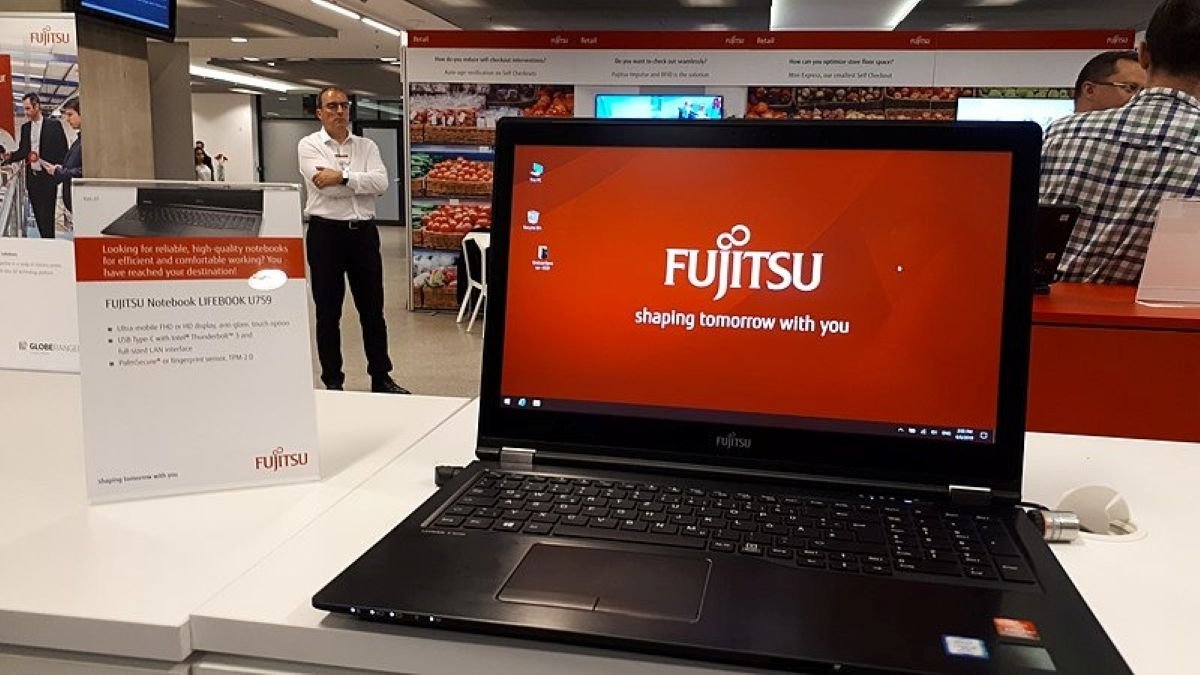Fujitsu has announced that it has started research and development towards a superconducting quantum computer with a capacity exceeding 10,000 qubits. Construction is slated for completion in fiscal 2030.
The new superconducting quantum computer will operate with 250 logical qubits and will utilize Fujitsu’s innovative “STAR architecture,” an early-stage fault-tolerant quantum computing (early-FTQC) architecture also developed by the company. Fujitsu aims to make practical quantum computing possible, particularly in areas like materials science where complex simulations can unlock groundbreaking discoveries, and to this end will focus on advancing key scaling technologies across various technical domains.
As part of this effort, Fujitsu has been selected as an implementing party for the “Research and Development Project of the Enhanced Infrastructures for Post-5G Information and Communication Systems,” publicly solicited by the NEDO (New Energy and Industrial Technology Development Organization). Fujitsu will be contributing to the thematic area of advancing the development of quantum computers towards industrialization. The project will be promoted through joint research with Japan’s National Institute of Advanced Industrial Science and Technology (AIST) and RIKEN, and will run until fiscal year 2027.
Fujitsu is committed to driving forward the development of practical and industrialized quantum computing solutions. After this 10,000-qubit machine is built, Fujitsu will further pursue advanced research initiatives targeting the integration of superconducting and diamond spin-based qubits from fiscal 2030 and aims to realize a 1,000 logical qubit machine in fiscal 2035 while considering the possibility of multiple interconnected quantum bit-chips.
Vivek Mahajan, Corporate Executive Officer, Corporate Vice President, CTO, in charge of System Platform, Fujitsu Limited, commented: “Fujitsu is already recognized as a world leader in quantum computing across a broad spectrum, from software to hardware. This project, led by NEDO, will contribute significantly to Fujitsu’s goal of further developing a Made-in-Japan fault tolerant superconducting quantum computer. We would also be aiming to combine superconducting quantum computing with diamond spin technology as part of our roadmap. By realizing 250 logical qubits in fiscal 2030 and 1,000 logical qubits in fiscal 2035, Fujitsu is committed to leading the path forward globally in the field of quantum computing. Additionally, Fujitsu will be developing the next generation of its HPC platform, using its FUJITSU-MONAKA processor line, which will also power FugakuNEXT. Fujitsu will further integrate its platforms for high-performance and quantum computing to offer a comprehensive computing platform to our customers.”
Technology Development Focus Areas
Fujitsu’s research efforts will focus on developing the following scaling technologies:
- High-throughput, high-precision qubit manufacturing technology: Improvement of the manufacturing precision of Josephson Junctions, critical components of superconducting qubits which minimize frequency variations.
- Chip-to-chip interconnect technology: Development of wiring and packaging technologies to enable the interconnection of multiple qubit chips, facilitating the creation of larger quantum processors.
- High-density packaging and low-cost qubit control: Addressing the challenges associated with cryogenic cooling and control systems, including the development of techniques to reduce component count and heat dissipation.
- Decoding technology for quantum error correction: Development of algorithms and system designs for decoding measurement data and correcting errors in quantum computations.
Fujitsu’s commitment to quantum computing is underscored by its ongoing R&D efforts. In August 2024, in collaboration with the University of Osaka, Fujitsu unveiled its STAR architecture, a highly efficient quantum computing architecture based on phase rotation gates. This architecture paves the way for early-FTQC systems capable of outperforming conventional computers with only 60,000 qubits. On the hardware front, the RIKEN RQC-Fujitsu Collaboration Center, established in 2021 with RIKEN, has already yielded a 64-qubit superconducting quantum computer in October 2023, followed by a world-leading 256-qubit system in April 2025.


